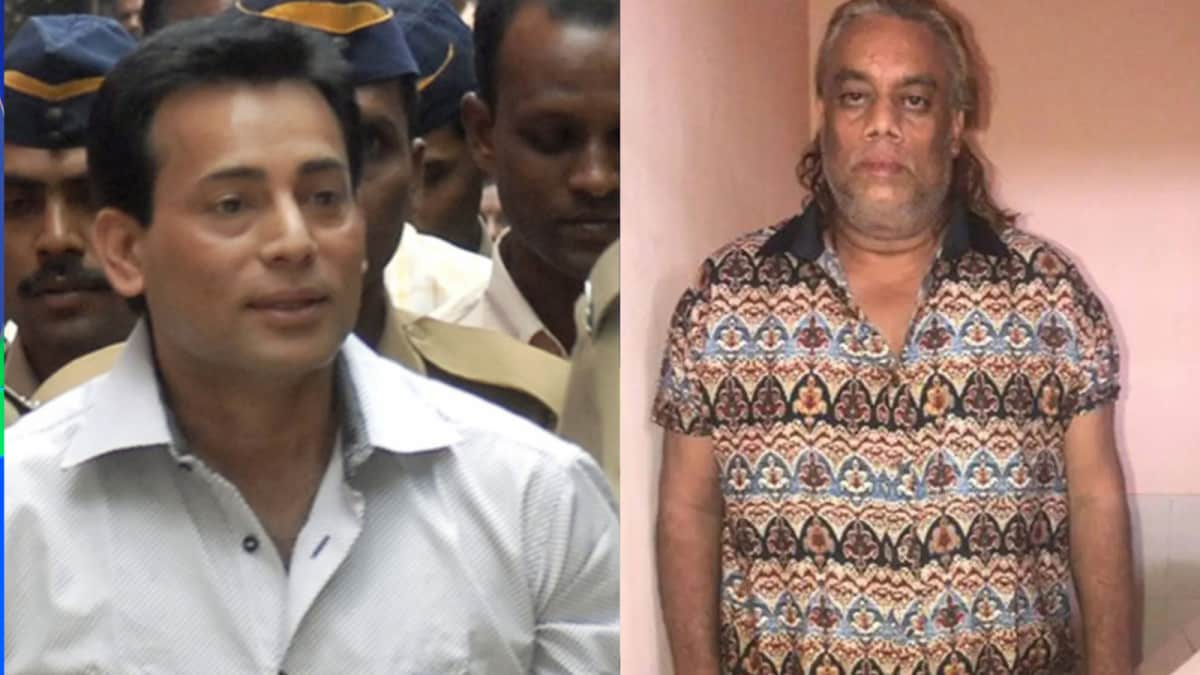 |
|
The extradition of Tahawwur Rana from the United States to India marks a significant development in the ongoing pursuit of justice for the 2008 Mumbai terror attacks. Rana, accused of playing a crucial role in the planning and execution of the attacks, exhausted his legal avenues in the US, culminating in the US Supreme Court rejecting his petition to stay the extradition. This decision paves the way for Rana to face trial in India, where he will be held accountable for his alleged involvement in one of the most devastating terrorist incidents in the country's history. The US Supreme Court's order, which stated that the application for a stay was denied, underscores the commitment of both the US and India to combating terrorism and ensuring that those responsible are brought to justice. The earlier denial of a similar request in March further solidified the US's resolve to cooperate with India in this matter. The extradition process also received high-level attention, with former US President Donald Trump announcing in a joint press conference with Indian Prime Minister Narendra Modi that Rana would face justice in India. This public declaration highlighted the importance of the case to both countries and the commitment to strengthening bilateral cooperation in the fight against terrorism. The successful extradition of Rana underscores the effectiveness of international legal mechanisms and the determination of nations to work together to address transnational crime and terrorism. It sends a clear message that those who commit heinous acts of terror will be pursued relentlessly and brought to justice, regardless of where they may seek refuge. The case also serves as a reminder of the devastating impact of the Mumbai terror attacks and the need for continued vigilance and cooperation to prevent future incidents.
Beyond the Rana extradition, India has achieved notable success in extraditing other high-profile individuals wanted for various crimes. The article highlights several such cases, each with its own significance and implications. Abu Salem, extradited from Portugal in 2005, stands out as one of the biggest successes under India's extradition treaty with Portugal. Salem was a key accused in the 1993 Mumbai bomb blasts and was also involved in organized crime and murder. His extradition marked a major victory for Indian law enforcement and demonstrated the effectiveness of international cooperation in tackling organized crime. The Christian Michel case, involving his extradition from the United Arab Emirates in 2018, represents a significant achievement in combating white-collar corruption and arms deal lobbying. Michel was allegedly a middleman in the AgustaWestland VVIP helicopter scam, and his extradition was the first major one under the UAE-India treaty. This case shed light on the intricate networks of corruption and bribery that often plague international arms deals. Ravi Pujari, extradited from Senegal in 2020 after being arrested in South Africa, was an underworld don wanted in numerous cases of extortion, murder, and threats in India. Pujari was known for making extortion calls to Bollywood celebrities and politicians, and his extradition brought an end to a long chase. The case highlighted the persistent efforts of Indian law enforcement to pursue and apprehend criminals who operate across international borders. The extradition of Fateh Singh from Thailand in 2023, an associate of Delhi gangster Neeraj Bawana, further demonstrates India's commitment to cracking down on organized crime. Singh was involved in multiple criminal cases, including murder and extortion, and his extradition strengthened law enforcement's efforts to dismantle criminal networks operating in the Delhi region. Rajiv Saxena's extradition from the UAE in 2019, also related to the AgustaWestland scam, provided valuable leads into deeper financial networks and money laundering operations. Saxena was accused of being a conduit for illegal funds and his extradition, following Christian Michel's, helped unravel the complex financial transactions involved in the scam.
These successful extraditions underscore several key aspects of India's approach to combating crime and terrorism. Firstly, they demonstrate the importance of international cooperation and the effectiveness of extradition treaties in bringing criminals to justice. India has actively pursued extradition treaties with various countries and has been successful in leveraging these agreements to secure the return of fugitives wanted for crimes committed within its borders. Secondly, these cases highlight the commitment of Indian law enforcement agencies to pursuing criminals, regardless of their location or influence. The pursuit of individuals like Abu Salem, Ravi Pujari, and others involved relentless investigations and coordinated efforts with international law enforcement agencies. Thirdly, the extraditions send a strong message to criminals and terrorists that they will not be able to evade justice by fleeing to other countries. The successful extradition of high-profile individuals serves as a deterrent and reinforces the principle that those who commit crimes will be held accountable for their actions. Finally, these cases underscore the importance of due process and the rule of law. The extradition processes involve legal challenges and appeals, ensuring that the rights of the accused are protected. The fact that these individuals exhausted their legal options before being extradited demonstrates the commitment to upholding the principles of fairness and justice. In conclusion, the extradition of Tahawwur Rana and other high-profile individuals represents a significant success for India in its efforts to combat crime and terrorism. These cases highlight the importance of international cooperation, the commitment of law enforcement agencies, and the unwavering pursuit of justice. They also serve as a reminder that those who commit heinous acts will be pursued relentlessly and held accountable for their actions.
Source: From Abu Salem To Ravi Pujari, A Look At India’s High-Profile Successful Extraditions
